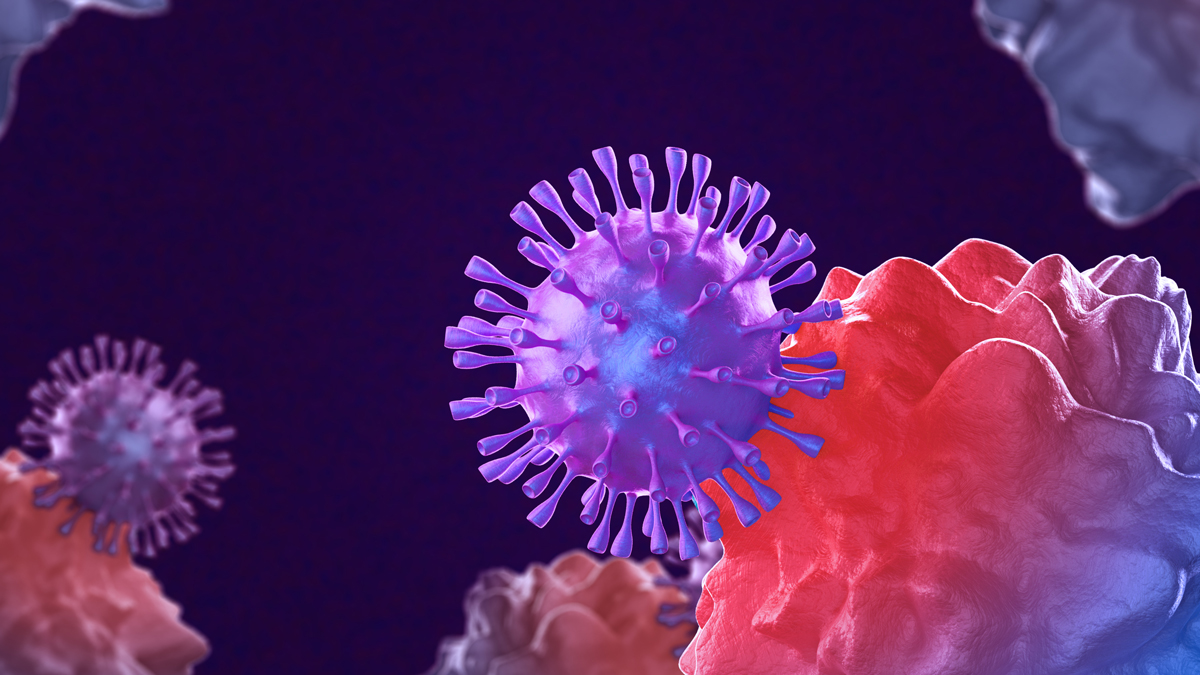ViiV, J&J get FDA nod for simpler HIV injectable dosing

The FDA has given ViiV healthcare and Johnson & Johnson a boost in the market for long-acting injectable HIV drugs, approving a new regimen for their Cabenuva product that does away with the need for an oral lead-in period.
The label update means that people living with HIV who want to trade their daily oral doses of antiretroviral therapy (ART) for an injection delivered once a month or every two months will no long need to transition to oral therapy with the active ingredients in Cabenuva – cabotegravir and rilpivirine.
J&J and ViiV – majority-owned by GlaxoSmithKline – hope that the streamlined process will help boost take-up of Cabenuva, which became the first long-acting alternative to daily ART last year.
That will also help establish the long-acting therapy as it tries to build a position in the market ahead of a therapy from ViiV's arch-rival in HIV – Gilead Sciences – which filed for a twice-yearly therapy based on lenacapavir last year but was turned down by the FDA earlier this month.
The FDA's complete response letter (CRL) did not take issue with the efficacy or safety of lenacapavir but focused on chemistry, manufacturing and controls (CMC) data, specifically relating to the proposed container vial and its compatibility with the active drug.
Lenacapavir is initially being developed as an add-on therapy to oral ART in heavily pre-treated HIV patients, so isn't a direct rival to Cabenuva yet, but is also being developed as an add-on to daily oral ART for virologically suppressed people living with HIV and for pre-exposure prophylaxis (PrEP).
Lenacapavir is also being developed as a once-weekly oral therapy – along and in combination with Merck & Co's islatravir – although the combination has been hit by safety signals with Merck's drug that have result in trials being halted.
Gilead's troubles gives ViiV and J&J an opportunity to build momentum behind Cabenuva, which for now remains a minor player in the HIV market. ViiV – which books sales for the drug – has said that it made £38 million ($50 million) from Cabenuva last year, its first year on the market.
The latest approval is based on the FLAIR trial, which showed there were similar outcomes on virologic suppression, safety, tolerability and pharmacokinetics in people starting Cabenuva with or without the oral lead-in.












